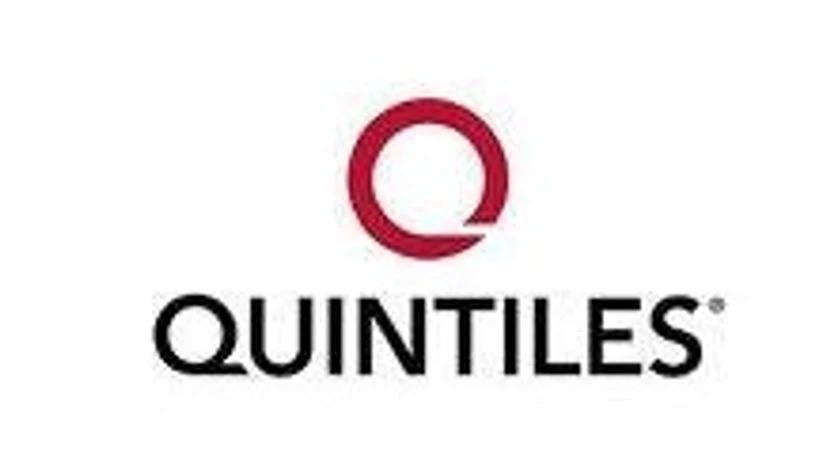The company sees better prospects for Asian players in getting new product approvals in area of biosimilars in the Western markets given the rich product pipeline some of them already have.
Almost all the major Indian drug companies have been putting their efforts to launch their biosimilar products in the US and the other regulatory markets apart from trying to build a product pipeline in this area as a distinct source of future revenues.
Biosimilars are copies of complex drugs, which are based on living cells. They are considered similar to an original biologic made by the innovator.
'There is a large pipeline of other biosimilars in different stages of development. This area is already crowded with more than 160 biosimialrs reported in different stages of development for these six top selling biologics," says Dr Charu Manaktala, senior medical director and head of clinical strategy, strategic drug development of Quintiles Asia.
The European Medicines Agency has approved biosimilars for somatropin, epoetin, filgrastim, follitropin, insulin glargine and inliximab over the last ten years. The US Food and Drug Administration (USFDA) has already approved biosimilar for filgrastim earlier this year. Indian Central Drugs Standard Control Organisation(CDSCO) was expected to release the revised guidelines for biosimilars in line with the evolving global regulatory scenario in respect of biosimilars.
With the availability of the regulatory framework for product approvals and a better understanding of these requirements, some of the Asian companies have shifted their focus to the regulatory markets, according to the Quitiles official. "We are beginning to see a change in the development strategy for some of the Asian customers. Instead of the earlier approach of developing products for local/regional markets followed by the Western markets, some Asian companies are now planning to develop products for global markets right from the outset," Dr Manaktala says.
While Korean and Indian companies remain active in biosimilars development, there is significant surge in the number of Chinese companies that are exploring regional/global development of their biosimilars now as opposed to the earlier focus on domestic/regional market, according to her.

)
